Family & Children Health › Healthy Kids › Pool Safety
Swimming pools can serve as a source of unlimited fun for children, but they're also the source of potential danger. Regardless of whether you have a backyard pool, are vacationing at a hotel with a pool, or belong to the neighborhood swim club, there are some important safety tips to follow.
Supervision. Even if your child can swim like a little fish, he should never be left unattended in or near a swimming pool for any reason. This applies especially to backyard pools, where you won't have the benefit on an on-duty lifeguard to help you keep a watchful eye. Parents are all too often tempted to leave for "just a minute," but it only takes a minute for a child to get into serious trouble.
Restricted entry. If you have a pool at home, make sure that it's enclosed on all sides by a high fence and that the safety latches on the gate lock securely and are beyond the reach of a young child. The gate should open away from the pool and be self-closing and self-latching, and it should never be left propped open. If your pool is accessible from your home, the doors that lead to it need to be kept securely locked at all times as well. And remember, even if you have a well-protected pool, your child is still at risk if the neighbors' aren't. You should check with any neighbors who have pools, and if necessary, tactfully make them aware of the dangers of unsecured pools. In fact, many communities have laws mandating certain pool safety precautions.
Pool covers and alarms. Pool covers and alarms that warn you if someone falls into the pool are helpful safety accessories, but they are no substitute for a fence and appropriate adult supervision.
Safety rules. No running around the pool. No glass containers. No roughhousing. You probably remember how annoying it seemed as a child to have the lifeguard blow his whistle at you for any number of infractions. Now that you're a parent, though, you should take heed. The most important rule of all: Never allow children near a pool without an adult!
Swimming ability. Don't be deceived into thinking that your child is safe if he already knows how to swim. Even the best of swimmers can drown, so always enforce the rule of never swimming alone. And when it comes to swimming lessons, the American Academy of Pediatrics currently recommends swimming lessons for children over the age of five.
Flotation devices. Water wings, floating rings, and buoyant bathing suits can offer a false sense of security when it comes to pool safety. While they may help make swimming fun for an infant or toddler who cannot swim on his own, never trust them to take the place of your watchful eye.
Rescue equipment. Even if you take every precaution, a pool accident still might occur at your house and you should be prepared. Keep a long pole and a life preserver attached to a rope readily available by the pool, and make sure that your family's trained in what to do in the event of a drowning or other accident. In fact, if you have a pool, it's especially important that adults and teens be trained in CPR.
Risks for teens. By the time your child is a teenager, he may know how to swim, but along with a teenager's increased abilities comes an increase in risk-taking behavior, such as roughhousing, taking dares, and drinking. Any of these behaviors can be dangerous, especially when mixed with water. Drowning and broken necks from dives gone wrong are but two of the potentially devastating hazards that pools present to teens. You should make sure that your teen not only knows the rules when it comes to pool safety, but that he understands the reasons behind them. Make it clear that there will be serious consequences if he or his friends break them.
For more information see CPSC Warns Backyard Pools Can Be a Fatal Attraction to Toddlers..
Article Source:http://drspock.com

Supervision. Even if your child can swim like a little fish, he should never be left unattended in or near a swimming pool for any reason. This applies especially to backyard pools, where you won't have the benefit on an on-duty lifeguard to help you keep a watchful eye. Parents are all too often tempted to leave for "just a minute," but it only takes a minute for a child to get into serious trouble.
Restricted entry. If you have a pool at home, make sure that it's enclosed on all sides by a high fence and that the safety latches on the gate lock securely and are beyond the reach of a young child. The gate should open away from the pool and be self-closing and self-latching, and it should never be left propped open. If your pool is accessible from your home, the doors that lead to it need to be kept securely locked at all times as well. And remember, even if you have a well-protected pool, your child is still at risk if the neighbors' aren't. You should check with any neighbors who have pools, and if necessary, tactfully make them aware of the dangers of unsecured pools. In fact, many communities have laws mandating certain pool safety precautions.
Pool covers and alarms. Pool covers and alarms that warn you if someone falls into the pool are helpful safety accessories, but they are no substitute for a fence and appropriate adult supervision.
Safety rules. No running around the pool. No glass containers. No roughhousing. You probably remember how annoying it seemed as a child to have the lifeguard blow his whistle at you for any number of infractions. Now that you're a parent, though, you should take heed. The most important rule of all: Never allow children near a pool without an adult!
Swimming ability. Don't be deceived into thinking that your child is safe if he already knows how to swim. Even the best of swimmers can drown, so always enforce the rule of never swimming alone. And when it comes to swimming lessons, the American Academy of Pediatrics currently recommends swimming lessons for children over the age of five.
Flotation devices. Water wings, floating rings, and buoyant bathing suits can offer a false sense of security when it comes to pool safety. While they may help make swimming fun for an infant or toddler who cannot swim on his own, never trust them to take the place of your watchful eye.
Rescue equipment. Even if you take every precaution, a pool accident still might occur at your house and you should be prepared. Keep a long pole and a life preserver attached to a rope readily available by the pool, and make sure that your family's trained in what to do in the event of a drowning or other accident. In fact, if you have a pool, it's especially important that adults and teens be trained in CPR.
Risks for teens. By the time your child is a teenager, he may know how to swim, but along with a teenager's increased abilities comes an increase in risk-taking behavior, such as roughhousing, taking dares, and drinking. Any of these behaviors can be dangerous, especially when mixed with water. Drowning and broken necks from dives gone wrong are but two of the potentially devastating hazards that pools present to teens. You should make sure that your teen not only knows the rules when it comes to pool safety, but that he understands the reasons behind them. Make it clear that there will be serious consequences if he or his friends break them.
For more information see CPSC Warns Backyard Pools Can Be a Fatal Attraction to Toddlers..
Article Source:http://drspock.com
Article By: Laura Jana, M.D., F.A.A.P.
Development of Infancy and Growth Patterns
Creating A One Of A Kind Toy Organizer
First, Why Not Purchase A Plastic Toy Chest?
No More Plastic Toy Box: Toy Storage Ideas Parents And Kids Will Love
The Way to Get Healthy with Multivitamins
Make a Better Way to Your Good Health
Exercise After Vaccination: Reminders To Keep Yourself Safe
Most Read
New Articles
Most Viewed
Most Downloads
 Basal Cell Carcinoma ("Rodent Ulcer" Type)
Basal Cell Carcinoma ("Rodent Ulcer" Type)
 Basal Cell Carcinoma (Histology-Morpheaform Type)
Basal Cell Carcinoma (Histology-Morpheaform Type)
 Basal Cell Carcinoma (Histology-Nodular Type - High power)
Basal Cell Carcinoma (Histology-Nodular Type - High power)
 Basal Cell Carcinoma (Histology-Nodular Type- High power)
Basal Cell Carcinoma (Histology-Nodular Type- High power)
 Skin
Skin
 Nervous System -- Basic
Nervous System -- Basic
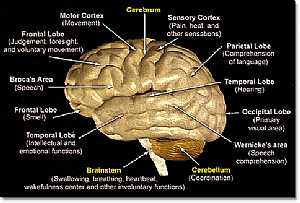 Brain anatomy
Brain anatomy
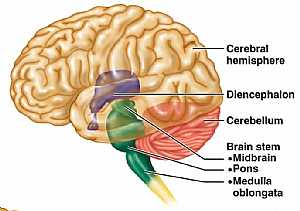 Brain anatomy
Brain anatomy
 Brain anatomy
Brain anatomy
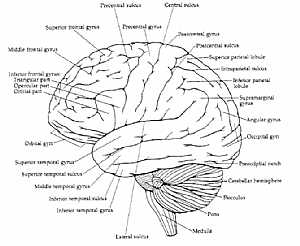 Brain anatomy
Brain anatomy
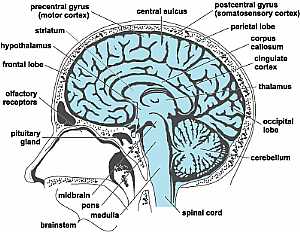 Head anatomy
Head anatomy
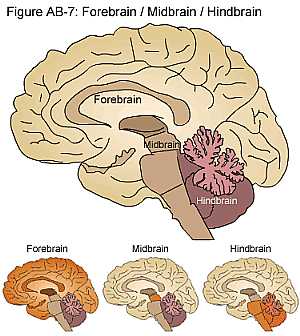 Brain anatomy
Brain anatomy
eDoctorOnline.com does not provide medical advice, diagnosis or treatment.
© Copyright 2001-2022 eDoctorOnline.com
© Copyright 2001-2022 eDoctorOnline.com

 Nose anatomy
Nose anatomy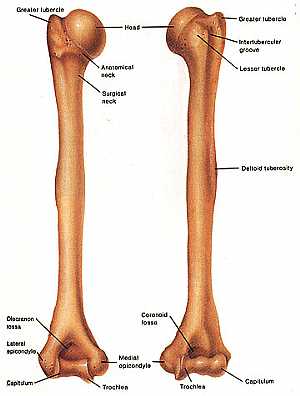 Humerus bone
Humerus bone Eye anatomy
Eye anatomy Coronary arteries anatomy
Coronary arteries anatomy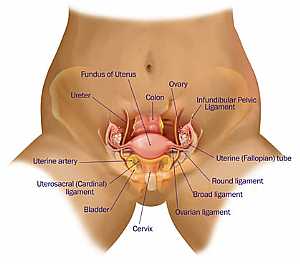 Female pelvic anatomy
Female pelvic anatomy Heart and lung anatomy
Heart and lung anatomy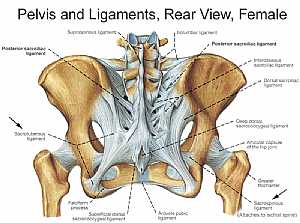 Bones and ligaments of the FEMALE Pelvis
Bones and ligaments of the FEMALE Pelvis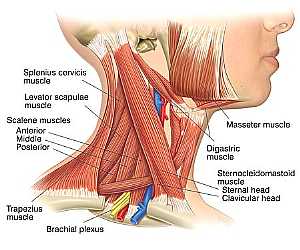 Neck Anatomy
Neck Anatomy MidBrain anatomy
MidBrain anatomy Oral Cavity
Oral Cavity Stomach anatomy
Stomach anatomy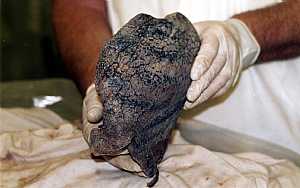 Lung anatomy
Lung anatomy Basal Cell Carcinoma ("Rodent Ulcer" Type)
Basal Cell Carcinoma ("Rodent Ulcer" Type) Basal Cell Carcinoma (Histology-Morpheaform Type)
Basal Cell Carcinoma (Histology-Morpheaform Type) Basal Cell Carcinoma (Histology-Nodular Type - High power)
Basal Cell Carcinoma (Histology-Nodular Type - High power) Basal Cell Carcinoma (Histology-Nodular Type- High power)
Basal Cell Carcinoma (Histology-Nodular Type- High power) Skin
Skin Nervous System -- Basic
Nervous System -- Basic Brain anatomy
Brain anatomy Brain anatomy
Brain anatomy Brain anatomy
Brain anatomy Brain anatomy
Brain anatomy Head anatomy
Head anatomy Brain anatomy
Brain anatomy
Be the first one to comment on this article!